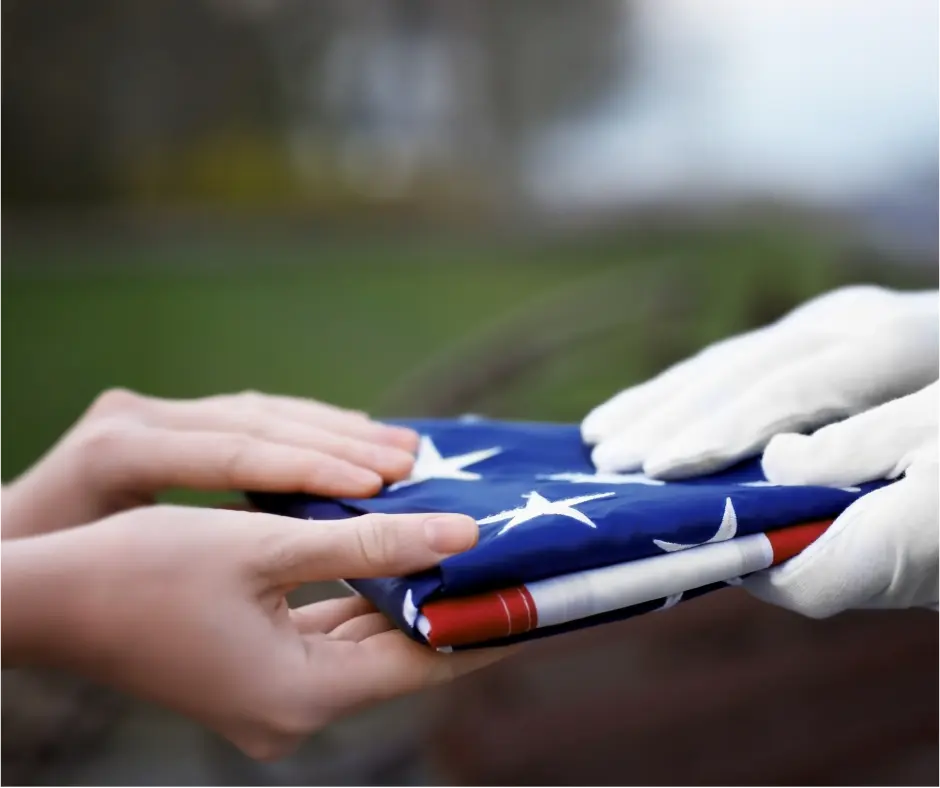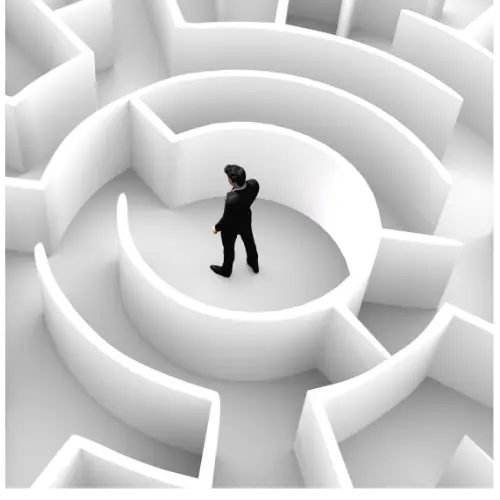No one likes to talk about it.
Not while we’re in.
Not when we get out.
And certainly not when it actually happens.
But when a veteran passes, their service doesn’t end—and neither does the responsibility our country has to those they leave behind.
Too often, surviving spouses or children are left in the dark about what they might be eligible for. They either never knew about survivor benefits, or they were told about them once and never followed up.
And after the funeral, the paperwork, and the grief, it’s easy to see why many never go back.
Here’s the truth: there are VA benefits designed specifically for survivors.
And they’re not just for someone else.
You might qualify for:
- Dependency and Indemnity Compensation (DIC)—monthly payments for surviving spouses, children, or parents if the veteran died from a service-connected condition
- VA-backed education assistance, including Chapter 35 (DEA)
- Healthcare under CHAMPVA, if you’re not eligible for TRICARE
- Burial and memorial benefits, including headstones and reimbursements
- VA home loan support if you’re a surviving spouse of a veteran who died in service or from a service-connected disability
None of these are “handouts.”
They’re part of the system the veteran paid into through service, sacrifice, and time.
And applying doesn’t erase grief—but it might bring peace of mind. Or stability. Or a door that helps you or your children move forward.
Issue #3 of FTV|BTV Magazine—Survivors, Dependents, and Caregivers—is coming this Summer, and it’s dedicated to people like you. People who supported the mission behind the scenes—and now deserve support of their own.
I put this issue together with help from survivors who shared their stories, their challenges, and the steps they took to move from confusion to clarity.
Because when a veteran leaves, the family stays behind.
But that doesn’t mean they’re left alone.




